China's top legislature has adopted a food security law that aims to ensure grain supply, and stipulates measures to increase the income of crop farmers.
Adopted at a session of the National People's Congress Standing Committee, the new law will take effect on June 1.
China needs to "ensure absolute security in staple foods and basic self-sufficiency in grains", according to the law.
One of the law's key concerns is farmland protection.
It rules that the government should determine and maintain red lines to protect farmland, permanent basic cropland and ecosystems, as well as urban development boundaries.
The government should restrict the occupation of farmland and the conversion of farmland to other forms of land use, such as forests and grassland.
"Farmland is the lifeline of grain production," said Zhuang Xiaoyong, an official with the NPC Standing Committee's Legislative Affairs Commission, explaining why the law includes a chapter dedicated to farmland protection.
He said the law includes a series of measures to cultivate farmers' enthusiasm for growing grain.
It rules that the government should refine the mechanisms for ensuring the incomes of grain growers and compensating major grain-producing areas, as well as cultivating new types of agribusiness, he noted.
The law also contains a chapter dedicated to food conservation, laying down requirements for reducing food waste throughout various processes, ranging from grain production to consumption.
Currently, there are adequate grain supplies and reserves in China. The total grain harvest in the country reached over 695 million metric tons in 2023, marking the ninth consecutive year that saw a grain harvest of over 650 million tons, Zhuang said.
He stressed, however, that China's grain supply and demand are still characterized by a "tight balance".
Despite an overall favorable situation concerning food security, China, with a growing grain demand, faces multifaceted challenges, including limited and low-quality arable land and increasing difficulty in securing stable and higher grain output, said Minister of Justice He Rong. Therefore, the law is of great significance in addressing these issues, the minister said in an explanation for the drafting of the law.
The new legislation is important for pushing forward Chinese modernization, as it has laid a solid legal foundation for advancing China's system and capacity for food security governance, said Wang Zhimin, a member of the NPC Standing Committee.


































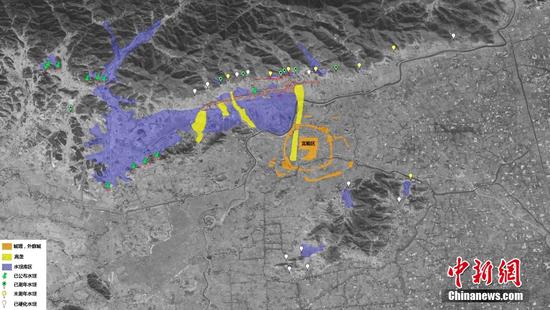











 京公网安备 11010202009201号
京公网安备 11010202009201号